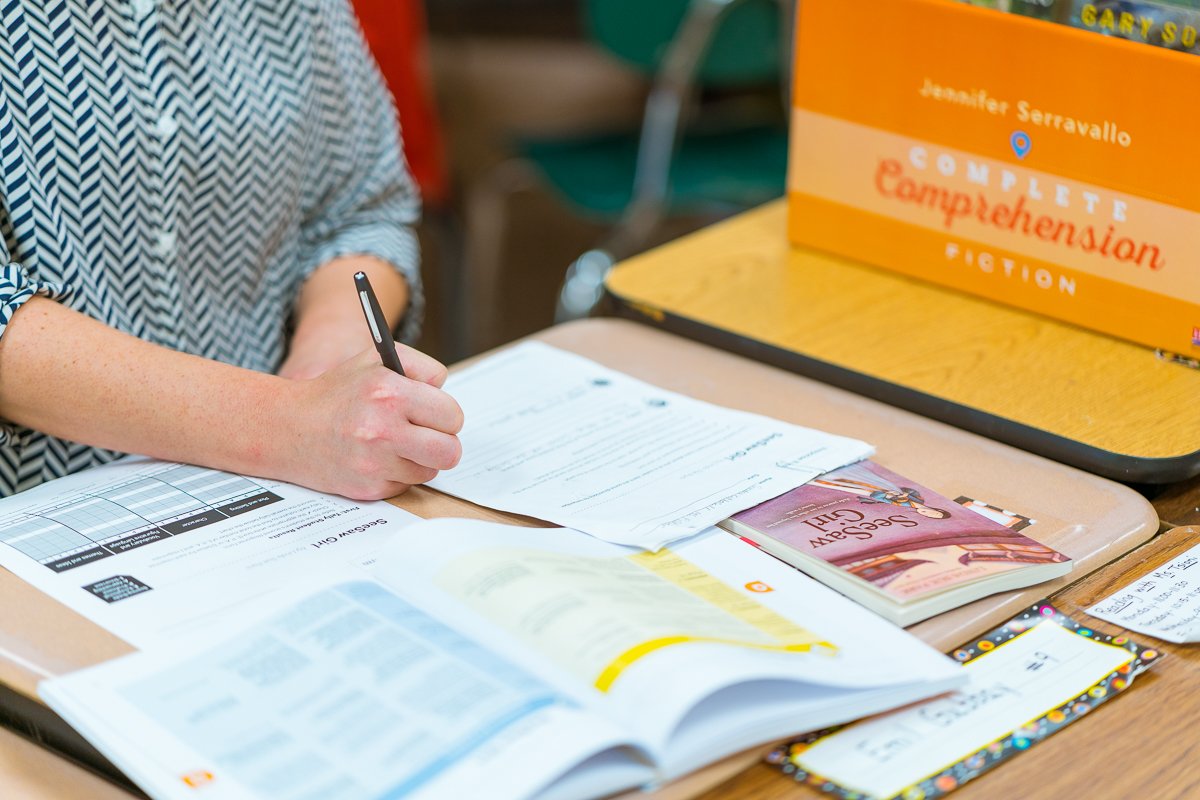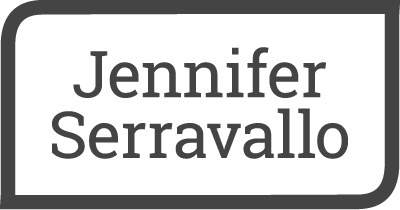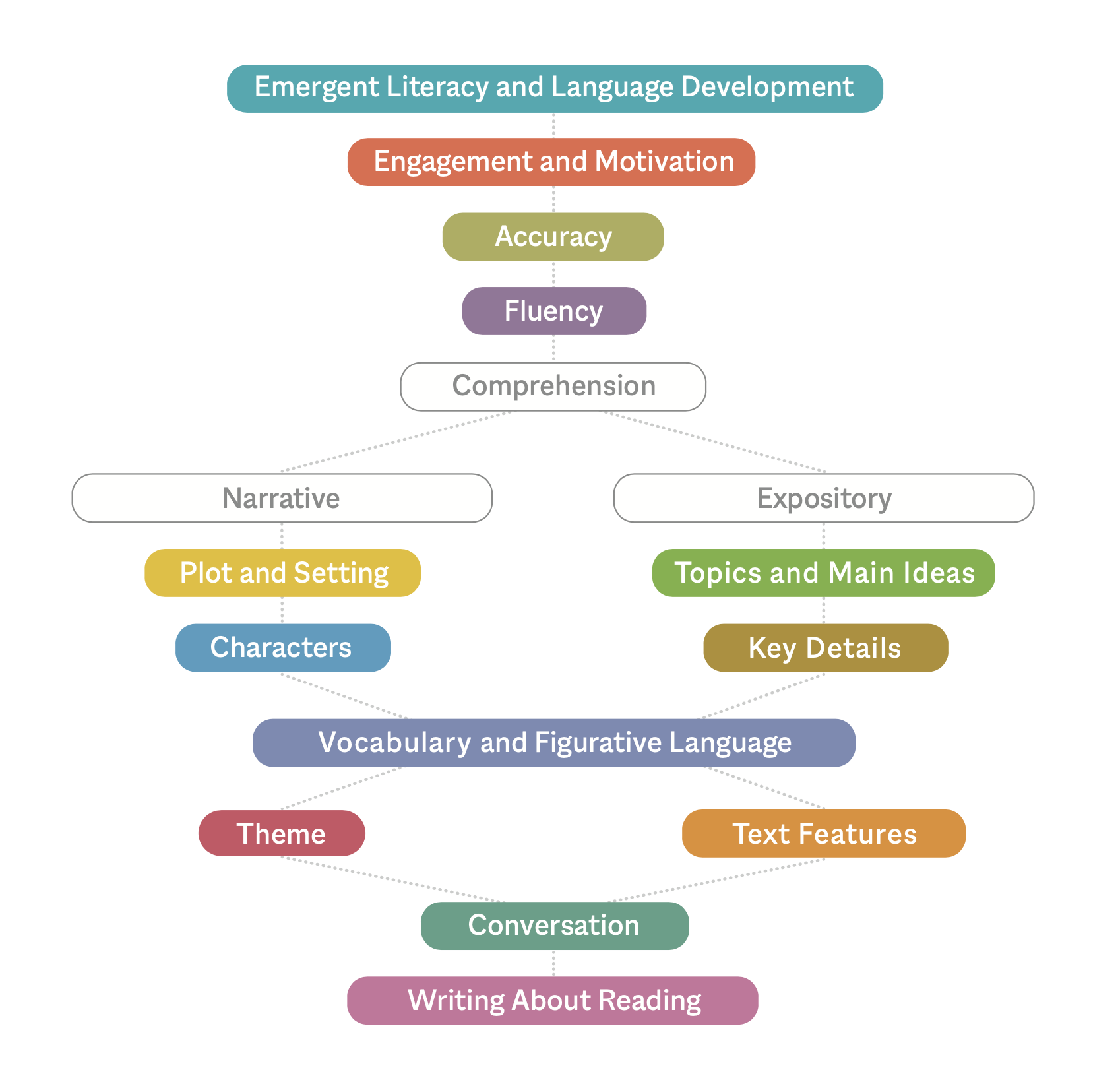
Blog
stay informed
Updated regularly, this is where you’ll find full transcripts of the To the Classroom Podcast as well as blogs by Jennifer Serravallo and her colleagues offering practical tips and ideas for teaching and coaching, inspired by the podcast conversations.
HyeJin Hwang
Jennifer Serravallo interviews Dr. HyeJin Hwang about some of her recent studies focusing on knowledge building. They explore different models for understanding comprehension (Kinch’s Construction Integration Model and Connor’s Lattice Model), discuss implications for text selection and strategy instruction alongside knowledge-building. Jen is joined by colleague Gina Dignon for an extended conversation about practical takeaways.
Tanya Wright
Jennifer Serravallo, host of To the Classroom, interviews Dr. Tanya Wright, about her research focused on knowledge building and vocabulary, and comprehension. After the discussion about research, Jen is joined by college Macie Kerbs for a conversation about practical takeaways.
Rachael Gabriel
Podcast transcript for To the Classroom with Jennifer Serravallo and Rachael Gabriel.
Gabriel DellaVecchia
A full transcript of To the Classroom Episode 8 with Gabriel DellaVecchia, Jennifer Serravallo, Lea Leibowitz, and Darren Victory. We discuss third grade retention laws.
Henry May
Jennifer Serravallo interviews Dr. Henry May, a researcher who has looked into the popular first grade intervention Reading Recovery. They discuss results of two robust studies he was involved in—one showing strong positive effects in first grade, and another showing students who received the intervention underperformed years later on their third and fourth grade tests. We discuss why that might be, and what lessons we can learn about short term and ongoing interventions, as well as the ways that reading needs change and develop across grades K-4.
Melanie Kuhn
Jennifer Serravallo interviews Dr. Melanie Kuhn about fluency instruction: what fluency is, what research says makes the biggest difference in supporting readers’ fluency, her FORI intervention approach, and more.
Using Vocabulary Strategies for Independent Word Learning
In response to Episode 5 of To the Classroom, Gabe Ortiz reflects on small shifts in vocabulary instruction that can have a big impact on students’ word learning and shares three specific vocabulary strategies from Chapter 11 of Jennifer Serravallo's Reading Strategies Book 2.0 that strongly align with Hiebert's advice:
Elfreida Hiebert
Jennifer Serravallo interviews Dr. Elfreida (Freddy) Hiebert, creator of textproject.org, author of a new book about supporting vocabulary development, and longtime researcher of many topics on the teaching of reading.
Peter Afflerbach
A full transcript of episode 4 of the To the Classroom Podcast. Jennifer Serravallo interviews Dr. Peter Afflerbach to discuss skills, strategies, and teaching readers (not just reading).
Supporting Executive Functioning Skills through Goal-Driven Reading Instruction
Teachers must develop goals for, and with, their students around self-regulation, language comprehension, word recognition, fluency, vocabulary, and print concepts. Once we identify the most pressing goal through assessment, we select a skill to work on and then provide children with procedural strategies to practice and improve upon these skills while offering timely feedback. Therefore, goal setting should be an essential component in every school, for every teacher, in every class.
The Chain Test: A Lesson in Teaching for Success
Guest blogger Gabriel Ortiz responds to the Dan Willingham episode of the To the Classroom Podcast, reflecting on the importance of moving from assumption to instruction and how critical it is that teacher explicitly teach skills students need to be independent learners. Gabe offers some concrete ideas and strategies for practice.
Daniel Willingham
Jennifer Serravallo interviews Dr. Daniel Wilingham, author of Outsmart Your Brain and other books. They discuss reading engagement, writing about reading and note taking, as well as strategies to support students with reading complex texts.
Maryanne Wolf
Today I welcome Dr. Maryanne Wolf for a conversation about the incredible reading brain: what happens in neural circuitry when we are reading words accurately, the many different ways to read, and her important thoughts on how to cultivate true reading engagement in children—and in ourselves. Later, I’m joined by my colleagues Gina Dignon, Molly Wood, and Lea Mercantini-Leibowitz, to talk about implications for the classroom.
Are our assessments wasting time?
Guest blogger Leah Steiner considers how using the Active View of Reading (Duke and Cartwright, 2021) can guide teachers in evaluating the reading assessments they use in the classroom: What’s wasting time, and what’s worth the time?
Kelly Cartwright
Today’s guest is Dr. Kelly Cartwright. We’ll talk about her invaluable work around executive skills and reading, and the ways that executive skills undergird reading engagement and comprehension. We’ll also discuss her 2021 paper with Dr. Nell Duke titled “The Science of Reading Progresses” about The Active View of Reading framework, which incorporates current research on executive skills and explains critical “bridging processes” connecting word reading and language comprehension, which are critical for successful reading. Later, I’m joined by my colleagues Darren Victory and Lainie Powell for a conversation about practical takeaways.
Confessions of a Struggling (E-) Reader
My Kindle is so old that it has a keyboard on the bottom and the screen doesn’t light up.



















